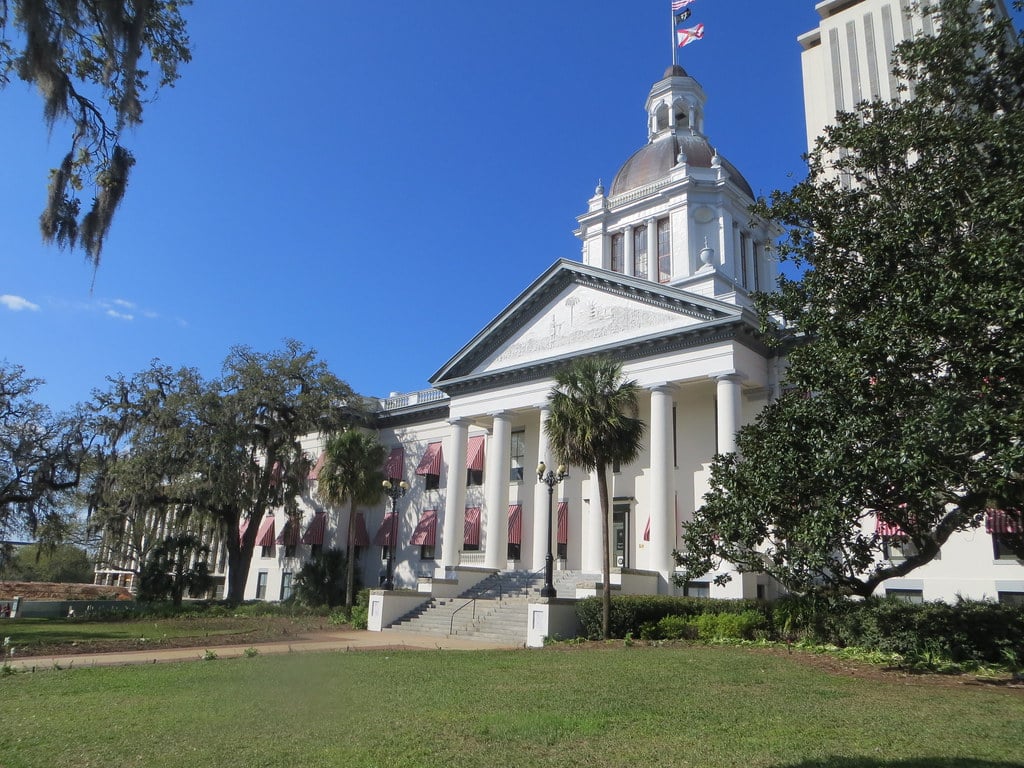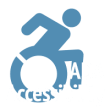Keeping an eye on legislative issues that impact Martin County.
We’ve prepared a round-up of a notable items for businesses and residents to be aware of regarding the 2024 Regular Session, which began on January 9 and ended earlier this month. In addition to the approval of a $117.46 billion budget by lawmakers, which goes into effect July 1, here are the highlights:
Live Healthy Act: A package of legislation dedicating $700 million to growing Florida’s healthcare workforce by removing regulations on workforce mobility, creating streamlined licensure for out-of-state providers, encouraging the creation of new clinics to ease burdens on emergency rooms, expanding services to the disabled, and more.
Housing affordability: SB 328 amends various provisions of the Live Local Act, adjusting height allowances for parcels adjacent to single-family residential uses, noting that local governments’ “currently allowed” density, height, and floor area ratio exclude bonuses and variances, modifying parking requirements, confirming approval does not require a public hearing, and adding $100 million to the Hometown Hero Program.
Cybersecurity: HB 473/SB 658 exempts cities, counties, and political subdivisions from liability in connection with a cybersecurity incident if the entity complies with training and cybersecurity standards required by state statutes.
Youth workforce: HB 49 and SB 1596 allow minors aged 16 and 17—who qualify for hardship exceptions and are enrolled in a qualified virtual educational program—to work hours equivalent to those of someone 18 or older.
Short-term rentals: SB 280 and HB 1537 allow governments to charge “reasonable” fees for processing registration applications, revoke registrations and renewals, impose maximum overnight occupancy limits, and administer violations and suspensions.
Water quality: SB 1386 and HB 1557 authorize the Department of Environmental Protection to enter and inspect any property (except a private residence) with a septic system to ensure compliance with applicable regulations. They also require wastewater treatment facilities to implement reuse and provide reclaimed water within a basin management action plan area to meet advanced waste treatment standards.
Energy: HB 1645 and SB 1624 provide that a “Resiliency Facility” (defined as a public utility for assembling, creating, holding, or deploying natural gas reserves for temporary use during a system outage or natural disaster) is permitted in all commercial, industrial, and manufacturing land use categories and districts.
Land conservation: HB 1417 and SB 1638 require the Legislature to appropriate 96 percent of revenue share payments from the 2021 gaming compact to acquire and manage conservation lands and provide grants to local government for water quality improvement and greenways and trails.
Safe Waterways Act: HB 165 and SB 338 require the Department of Health to adopt and enforce certain rules and issue health advisories for beach waters and public bathing places based on the results of bacteriological water sampling.

